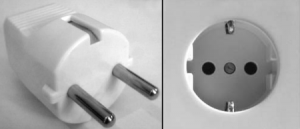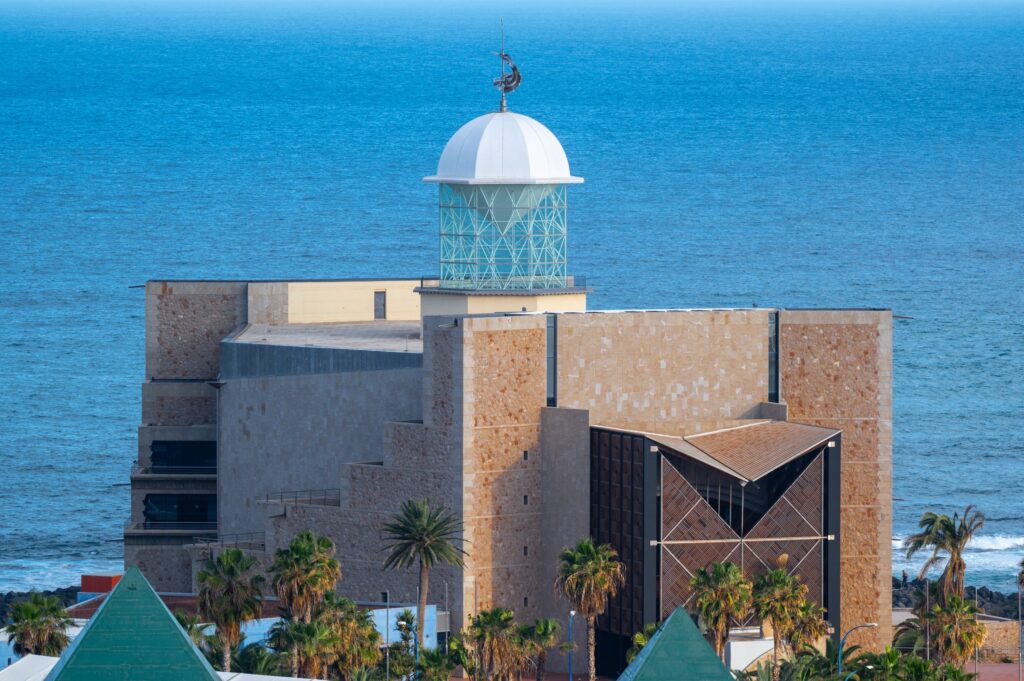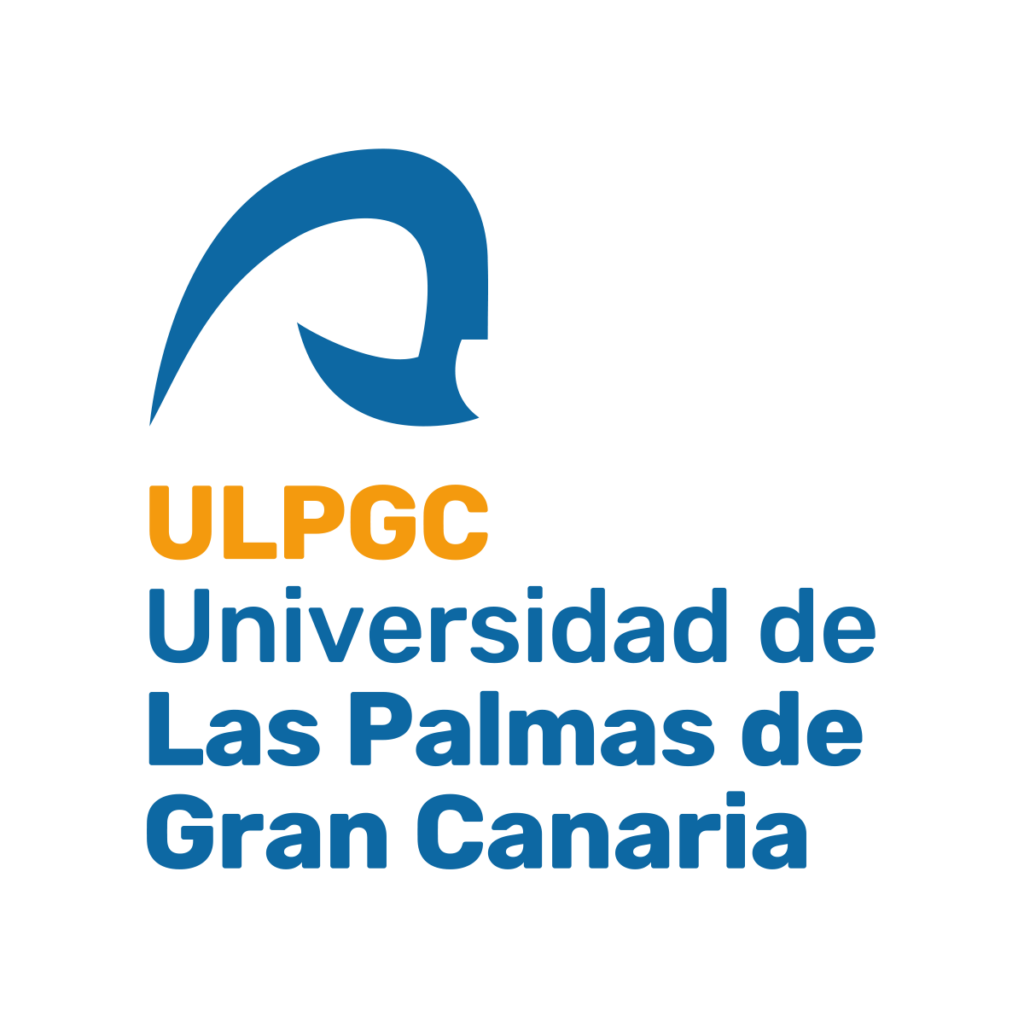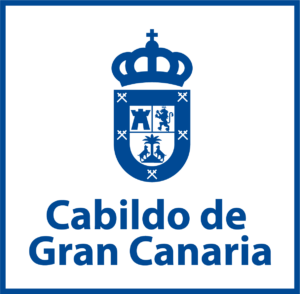The airport of Gran Canaria is located 18 km from the capital Las Palmas. In this way, you can access to Las Palmas de Gran Canaria using several kind of transports.
BUS
Bus line 60 takes you to the capital, Las Palmas. The schedule is from 6:15 am to 11:15 pm. From 6:15 to 8:15 pm the buses run every half hour. Price 2,95 €.
Global offers an efficient bus service with good coverage throughout the island. To check timetables visit the website or download their app.
Global provides transportation to the whole island. Guaguas also circulate throughout the territory but transport to somewhat remote destinations can be infrequent.
The Municipal Service -better known as guaguas– covers mainly Las Palmas. The ticket can be purchased from the bus driver. To travel within the city of Las Palmas, you can buy for 8,50 € the bono card (yellow color) at San Telmo station, for 10 trips.
CAB
Cabs are plentiful, reasonably priced and easily hailed on the street. Trips starting or ending at ports or airports usually incur a small surcharge.
The official cab stand is located on the second floor at the airport. The average time to reach Las Palmas is 20 minutes. The official cabs are easily identifiable. They are white with a red stripe and the coat of arms of the city of Las Palmas.
The price of the transfer from the airport to Las Palmas -the capital- is from 25€.
There are cab ranks in all tourist centers, in major cities and even in small towns there is usually a local cab driver. Socomtaxi has vehicles equipped for disabled persons.
RENTAL CAR
Car rental is very popular in Gran Canaria with more than 20 companies operating such as Avis and Hertz.
Local companies include Cicar, Autos Canarias and Autos Moreno. Offices are located in the main ports, airports and bus stations.
There are only four stretches of highway on the island and all are toll-free. Speed limits are 120 km/h on highways and 50 km/h in urban areas. The alcohol limit is 0.05%, the equivalent of a small beer.
To rent a car you must be 21 years old, have a driver’s license, an identity card or passport, and a credit card. Most of the cars are less than two years old.
The mild temperatures that prevail throughout the year allow the use of bicycles, scooters or even a walk on foot.
BICYCLE
Cycling is becoming increasingly popular and many companies in the capital and in the south offer bicycle rentals. Cycling routes are signposted and maps can be downloaded from the website of Sitycleta.
Las Palmas de Gran Canaria is offering a very lively cultural scene, the most popular Events are annual festivals like the Carnaval de Las Palmas in february, the film festival Festival de Cine Las Palmas in april, the Rally Gran Canaria in march & april, the foundation celebration Fiestas Fundicionales in June (15 th June – 2nd July), The Temudas Fest in july & august, the festival de Musica & Opera and the Zarzuela, the Festival Teatro y Danza and the Canarias Jazz in the auditorio Alfredo Kraus.
Further events take place the whole year. The most important event locations are the Parque Santa Catalina, the Plaza de la Musica near the Auditorio, the Plaza Santa Ana in front of the Cathedral (Vegueta), the Parque San Telmo (Triana), the Plaza Cairasco & the fairgrounds of INFECAR (ciudad alta).
https://www.grancanaria.com/turismo/en/culture/culture/
During ECOS 2023 you can enjoy the Las Palmas de Gran Canaria’s Philharmonic Society. Concert by Friedrich Thiele and Naoko Sonoda on 28th or the INTERNATIONAL JAZZ FESTIVAL on 30th.
This is a useful list Canarian-Spanish-English: DICTIONARY
Internationals who travel to Spain must meet the entry conditions established in the Schengen Borders Code.
Visit the Spanish website to check the travel requirements.
You may need to ask for an invitation letter at the contact email.
For more information about visa requirements, please consult your country´s Department of Foreign Affairs.
Citizens of any State of the European Union, Switzerland, Norway, Iceland and Liechtenstein only need a valid National Identity Card or passport.
Citizens of other countries must carry a valid passport or travel document proving their identity, which is considered valid for this purpose by virtue of international agreements signed by Spain and not be subject to express prohibitions.
The document must be valid until three months after the planned date of departure from the Member States and must have been issued within ten years prior to the date of entry.
It is necessary to carry a driver’s license if you intend to rent a car or have a vehicle.
For European citizens, it is recommended to carry the European Health Card.
Spain has mutual agreements with other member countries of the European Union and its citizens receive urgent medical care within the Spanish Social Security system as long as they can present the European health card. Dental interventions are not covered and prescriptions will be paid on the spot, so it is advisable to keep your receipts.
Visitors from outside the European Union should check whether Spain has agreements with their country of origin.
The Canary Islands are subject to different regulations from the rest of the European Union. You are allowed to take out a maximum of 200 cigarettes or 50 cigars, 2 liters of wine, one liter of any high alcoholic beverage, 250 ml of perfume and gifts to the value of 162€.
Always use a high sun protection factor and apply it regularly, especially after every bath.
Tap water is safe to drink.
In case of emergency, go to the emergency department of one of the major hospitals in Las Palmas (Hospital Universitario de Gran Canaria Doctor Negrín or Hospital Universitario insular de Gran Canaria).
In case of emergency dial 112 and an operator will connect you to the relevant service.
It is recommended that all visitors have travel insurance for loss or theft, accidents, illness, delays, or cancellations.
It is recommended to watch luggage, bags, and purses in crowded markets and beaches, and to avoid marginal areas.
You can report any theft to the National Police and request a procedure number to be processed in insurance matters.
The official currency in the Canary Islands is the Euro. As in most of the country, credit cards can be used for most transactions. In the less visited places, small stores and bars it is usual that only cash payment is accepted.
The most common card is Visa, followed by Mastercard and American Express.
There are ATMs all over the island for cash withdrawals.
The Canary Islands have official time GMT+1
In the Canary Islands the common voltage is 230 V. The frequency is 50 Hz. The plugs and sockets are type C / E / L.






